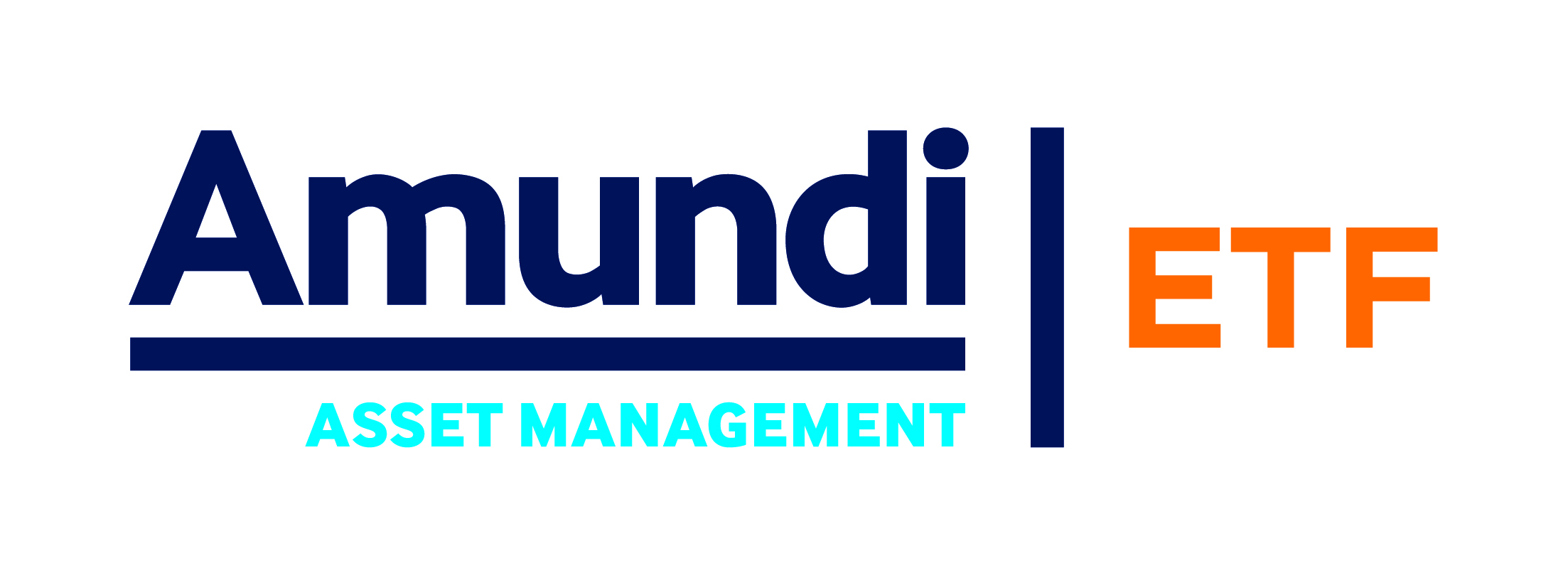UK ETF investors are increasingly requesting asset managers to launch index fund equivalents to navigate the longstanding issues with trading the wrapper on platforms.
Demand is growing among UK wealth managers for index funds, which traditionally offer less granular exposures than ETFs but do not face many of the same issues when holding them in model portfolio services (MPS).
These include increased costs versus trading funds, lack of fractional trading, no access to certain ETFs and a fragmented platform market.
According to IFA Magazine’s most recent platform report, there are 27 different platforms for independent financial advisers (IFA) to choose from, each with a different approach to trading ETFs.
As a result, ETFs’ share of MPS offerings fell from 15.4% in 2022 to 12% last year as fund selectors become increasingly frustrated with accessibility, Morningstar research found.
“Solutions such as index fund versions of existing ETFs are key in ensuring the ETF issuers do not miss out on the opportunities provided by this growing area in the market,” Dan Caps, investment manager at Evelyn Partners, said.
“We would be keen to see wider adoption of the practice. We are seeing the issues around trading ETFs on platforms come under greater scrutiny and with the increasing popularity of MPS solutions.”
Andrew Limberis, investment director at Omba Advisory & Investments, said: “Having both an index fund and ETF share class of the same product can be attractive as it allows investors to implement a consistent investment view without having to consider how and on which platform the strategy will be implemented.”
He added difficulties around fractional units – with some ETFs trading at high multiples – often caused model weights to deviate from target weights in smaller client portfolios.
In addition, limited control over how ETFs are traded also makes them less attractive, particularly when trading large amounts.
“With the average ETF on the London Stock Exchange (LSE) trading at over a 50 basis points spread, indirect trading costs can add up quickly,” Limberis said.
However, Steve Croucher, commercial officer at Winterflood Business Services, believes platforms are working hard to develop some of the tech issues involved with trading ETFs.
“I have not heard of any of those conversations [about launching index fund equivalents] more recently,” he said.
“Platforms have got to the stage where they do not want to be dictated by operational constraints. ETFs and funds are different and you are not trading a like for like.”
Workaround solutions
Model portfolios have grown at an annual rate of 10.9% over the past five years and are expected to be worth $695m by 2028, according to a Fundscape report, causing a potential headache for issuers whose products do not get picked up by the platforms.
This is leading to more workaround solutions such as launching index fund equivalents or mutual fund share classes of ETFs.
Last year, PIMCO proposed plans to introduce the ability to implement non-ETF share classes on its range of nine fixed income ETFs, and any further ETFs it creates in the future.
“ETF issuers risk getting left behind due to difficulties trading listed instruments across platforms,” Caps said.
He expects more ETF issuers to launch index fund equivalents in the future but noted it is likely a practice that would be limited to larger issuers due to the cost and expertise required.
“Asset managers need to be experienced in both managing ETFs and index funds to be able to offer the same strategies in both structures. In practice, this limits the ability to offer this to a small handful of the bigger players,” he said.
“There is an extra layer of cost associated with running both structures so it needs to be worth it from the asset manager perspective and is less viable for strategies where the margins are thinner.”
Amundi said its offering of index, ETFs and ‘hybrid’ share classes have allowed it to navigate the platform issue.
An Amundi spokesperson said: “We have been offering both ETFs and index funds for years and some of our funds are hybrid as they have both index and UCITS ETF share classes. This flexibility allows us to adapt to platform constraints quite easily.”
Elsewhere, BlackRock’s recent investment in German fintech Upvest is aimed at making ETF adoption of fintechs, banks and wealth managers more accessible to its customers.
The group said it offers wealth providers a way to add or upgrade their digital trading capability within their tech stacks, making it more cost-efficient for end users, and adds new functionality such as fractional trading.








